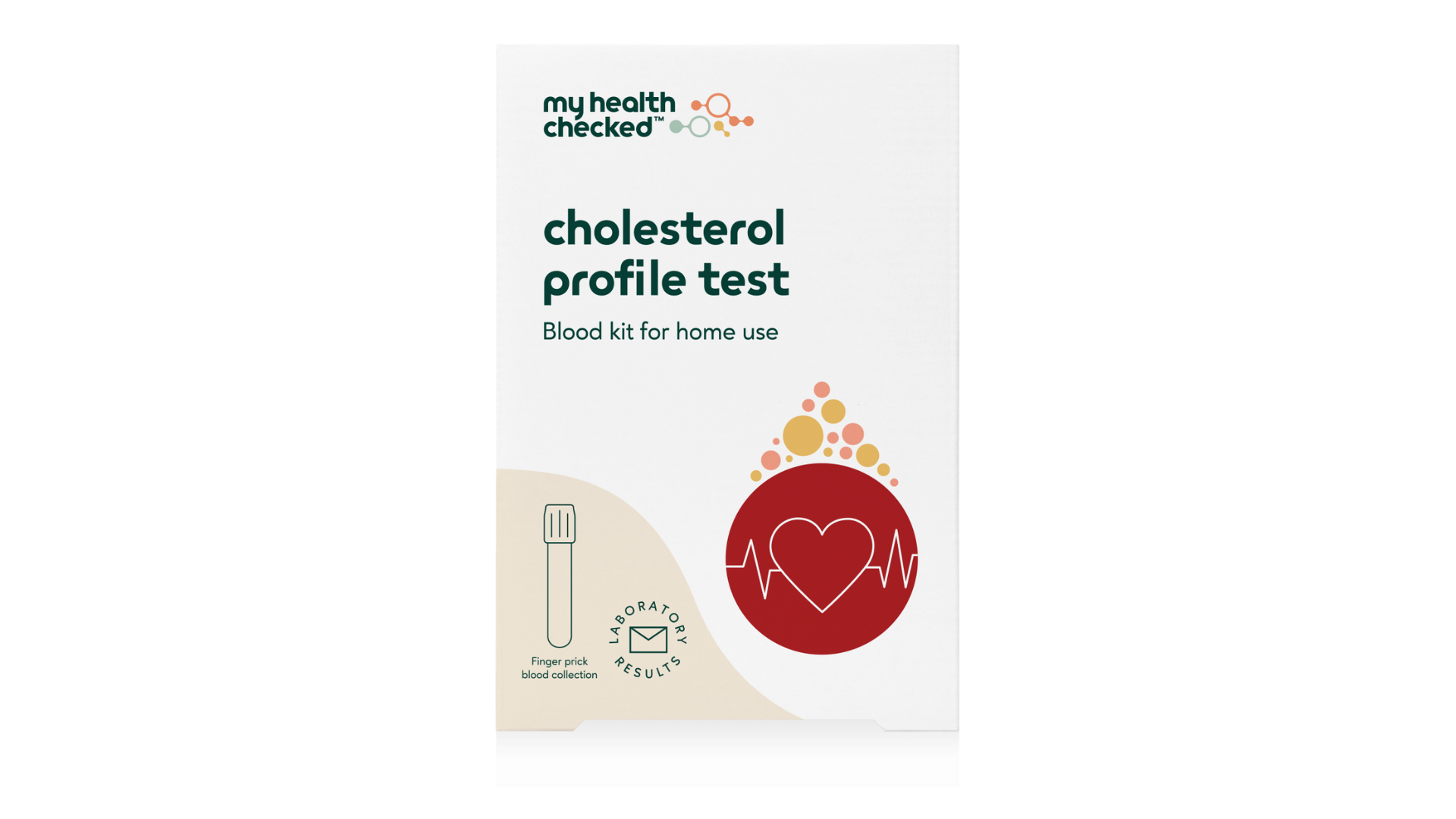How to lower cholesterol
We all need cholesterol in our blood to keep us healthy but too much can clog up our arteries and lead to health problems in the future, including heart disease. More than two in five adults in the UK have high cholesterol levels and yet most don’t even know as it does not cause any symptoms. It’s often assumed that high cholesterol only affects older, overweight people but anyone can have it, even if they’re young, slim and otherwise healthy. So what can you do to reduce your cholesterol levels and find out if it is affecting your health?
What is cholesterol?
Cholesterol is a blood fat which plays a vital role in how all of our cells work. It’s also needed for digestion, production of Vitamin D and to make hormones which keep our bones strong. A fatty, waxy substance, it is produced in the liver and is also present in some of the foods we eat.
When you have too much cholesterol, fatty deposits can develop in your blood vessels. Eventually, these deposits grow, making it difficult for enough blood to flow through your arteries and sometimes, these can break suddenly and form a clot that causes a heart attack or stroke.
What causes high cholesterol?
There are certain things that cause high cholesterol which you can't control:
- Your age – Having higher cholesterol is more likely as we get older
- Your gender - Men are more likely to have high cholesterol than women
- Your ethnicity - People with a south Asian background are more likely to have high cholesterol
- Your genetic profile - Sometimes, high cholesterol can be an inherited condition, meaning you were born with it, even if you don’t have other risk factors
- Your weight - If, despite eating a healthy diet and exercising regularly, you live with excess weight around your middle, you are more likely to have high cholesterol
- Your general health - Any issues with your kidneys, liver or thyroid can also affect cholesterol levels. Similarly, if you have type 1 diabetes or growth hormone deficiency, you are at greater risk.
However, it is mainly preventable as it is often caused by people’s diet and lifestyle. The good news is that you can lower your cholesterol by eating healthily and getting more exercise, but some people will also need to take medication to bring their levels down.
There are obvious things that cause high cholesterol which you can control, for example:
- Eating too much saturated fat – this reduces the liver’s ability to remove cholesterol, so it builds up in the blood.
- Being physically inactive – being active raises the level of ‘good’ cholesterol and reduces the level of ‘bad’ cholesterol.
- Smoking - this can lead to high cholesterol levels and cause tar to build up in your arteries, making it easier for cholesterol to stick to your artery walls.
Cholesterol levels are used alongside other factors, such as lifestyle and medical conditions, to estimate your risk of cardiovascular disease. These levels are just a guide - the ones you should aim for might be different, depending on your age, and whether you have existing health conditions such as diabetes or cardiovascular disease.
So how can I change my diet to lower my cholesterol?
Take these steps to try to bring your cholesterol levels down.
Try to eat more:
- oily fish, like mackerel and salmon
- brown rice, whole grain bread and wholewheat pasta
- nuts and seeds
- fruits and vegetables
Try to eat less:
- meat pies, sausages and fatty meat
- butter, lard and ghee
- cream and hard cheese, like cheddar
- cakes and biscuits
- food that contains coconut oil or palm oil
Try to cut down on alcohol:
- avoid drinking more than 14 units of alcohol a week
- have several drink-free days each week
- avoid drinking lots of alcohol in a short time (binge drinking)
How can I find out if I have high cholesterol?
As high cholesterol does not cause symptoms, you can only find out if you have it from a blood test.
However, there are some signs to look out for that could indicate that your cholesterol levels are too high. If you have high blood pressure or diabetes, your cholesterol levels are more likely to be high. It can also sometimes cause pain while walking.

If you would like to find out if you are likely to have high cholesterol, My Health Checked has a Cholesterol Profile Blood Test which can help you gain a better understanding of whether your cholesterol is within a healthy range. Simply collect a blood sample using the finger-prick kit, send off your sample to our UK-based laboratory where it will be analysed by our medical experts against a variety of biomarkers.
You’ll get clear, detailed results within 3 days, along with tailored, actionable advice on any changes you can make to your lifestyle or diet. In some instances, the test may highlight that you would benefit from seeing a medical professional for further testing.
References
https://www.england.nhs.uk/2021/09/nhs-cholesterol-busting-jab-to-save-thousands-of-lives/
https://www.bhf.org.uk/informationsupport/support/healthy-living/healthy-eating/fats-explained
https://www.bhf.org.uk/informationsupport/support/healthy-living
https://www.bhf.org.uk/informationsupport/risk-factors/smoking
